Rockford, Illinois: Swede Town
How did a frontier village in Illinois grow to become an industrial and cultural center? It was due, in part, to a group of immigrants from Sweden who planned to settle in Chicago in 1852, were confronted with an plan-altering epidemic, and had the skills to fill a need after a devastating fire.
The Swedes were met at the Chicago train station by the Reverend Erland Carlsson, who told them about the city’s cholera epidemic and advised them to ride the train as far as they could. The new Galena & Chicago Railroad line ended in Rockford, a recently incorporated mill town inhabited primarily by former New Englanders.
Word spread and by 1854 there were a thousand Swedes in Rockford. Most came from poor farming regions where self-sufficient families cleared their own land, built their own houses, grew their own food, and made their own tools and clothing.
These immigrants came to America during a time of industrial development, bringing with them a strong work ethic and resourcefulness. Many arrived with furniture making and cabinetry skills. By the second half of the 19th century, the area of Rockford known as Swede Town covered seventy blocks. The impact of their innovations continues to be apparent throughout the city, and a few names stand out.
Why is Rockford considered to be the Home of the Sock Monkey? John Nelson, of Vestergotland, Sweden, came to Rockford in 1857 with little more than his carpentry skills. He soon opened his own cabinetmaking business, invented a dovetailing machine, and went on to patent an automatic knitting machine in 1869. Nelson Knitting Company made high-quality work socks without seams in the heel, and Rockford’s knitting industry gained such prominence that work socks became generically known as “Rockfords”.
Toy monkeys were often made from worn-out socks. The trademark red heel added to distinguish Nelson’s socks from others made a monkey with a distinctive mouth. In 1920 Nelson Knitting Mills began including monkey-making instructions with their socks. Fox River Mills bought Nelson Knitting Mills in 1992 and continued this tradition.
The devastation from the Great Chicago Fire of 1871 created great demand for furnishings. This led to John Nelson’s Yankee-financed Forest City Furniture Company, Rockford’s first large-scale woodworking company. Later, workers pooled their money to form the Swedish owned and managed Union Furniture Company, a cooperative where craftsmen and laborers had significant power.
Per August Peterson was an industrious farm hand and broom maker who studied bookkeeping in his spare time.
He successfully managed Union Furniture Company, maintaining employment levels and building a solid financial standing. Rockford developed a reputation for high quality case goods and by the first half of the 20th century was second only to Grand Rapids in furniture manufacturing.
Peterson became a wealthy venture capitalist, president of many companies, and managed or financially backed many more of the city’s industries. By 1900 Swedish immigrants had established 72 companies and owned three banks.
Rockford quickly grew as a city of industry and commerce known for high-quality businesses including machine-tool and hardware, setting the stage for present-day industrial machinery and high-tech industries like aerospace. Peterson’s key role in Rockford’s early 20th century industrial development led to his being known as the “King of Rockford’s Swedes”.
Many attractions throughout the city highlight the impact of these and later Swedish immigrants and their descendents.
Haight Village is a 13 block area named for Daniel Shaw Haight, the first person to build a home on the east side of the river. It includes about 100 structures built primarily between the mid 1800s and 1890s and is on National Register of Historic Places.
A highlight is the 1871 Italianate home of furniture manufacturer John Erlander, now the Erlander Home Museum and center of Swedish culture and history.
This was the first brick home built for a Swedish family in Rockford and some of the furnishings, like the house, were acquired from John Erlander’s daughter, Mary.
The rest were donated, like the kakelugn (tile stove), a gift from the City of Stockholm. Swedish Prime Minister Tage Erlander officiated at the museum’s dedication in 1952.
The second floor contains many artifacts related to Swedish immigration and Rockford’s Swedish heritage.
Pleasant Company, maker of the American Girl Doll, featured photographs taken here in one of their books.
The bachelor’s dresser with a top drawer that pulls down to reveal a writing desk and small compartments was made by C. J. Lundholm, who learned his craft in Sweden and worked alone, from tree cutting to finished product.
Other pieces, like the aqua chest in the kitchen, were made by knitting machine inventor John Nelson when he was a furniture maker.
John Erlander worked as a tailor before coming to America and in 1862 opened Rockford’s Erlander and Johnson Tailoring and Men’s Clothing Shop. His large secretary desk was a gift from Union Furniture Company, where he served as president.
Rockford’s John Anderson traveled to Japan and after visiting Portland Gardens hired same architect to build a Japanese garden in back of his home. In 1998 he and his wife, Linda, endowed it to the community. Anderson Japanese Gardens has been named Best in North America by the Roth Journal of Japanese Gardens.
The twelve acre 12th century style “pond strolling” garden includes pagodas, pools. lanterns, waterfalls, and Sukiya-style buildings, as well as original bronze angel statues by Sweden’s Carl Milles. It has been designated one of the 150 Great Places by the American Institute of Architects for its contribution to the community’s way of life.
The Stockholm Inn is owned by a group of local investors known as the Lingonberry Group. By popular demand their world famous Swedish pancakes, served with lingonberries, are available all day long. The inn features Carl Larsson Rooms decorated with the Swedish artist’s work.

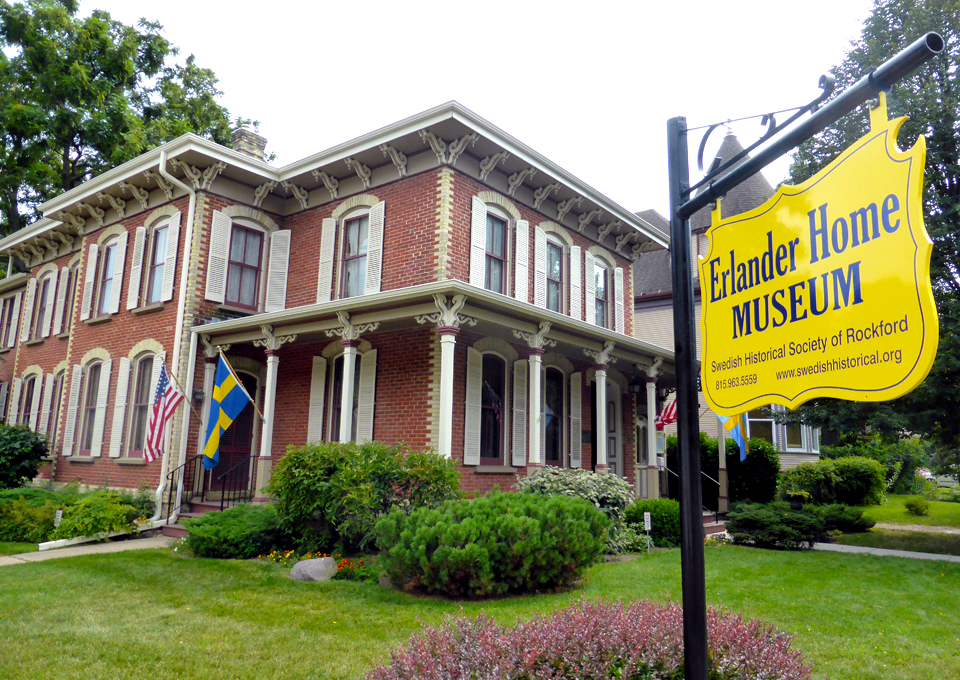
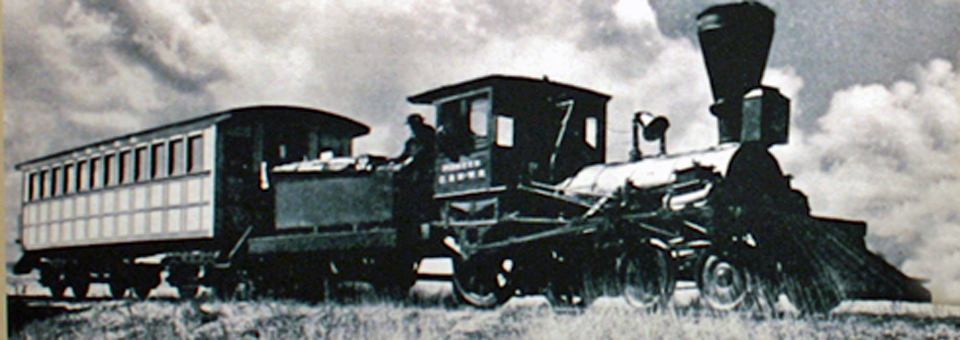
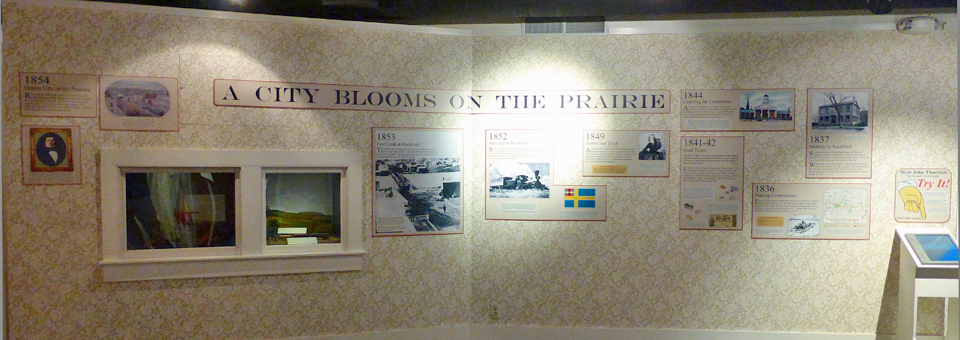
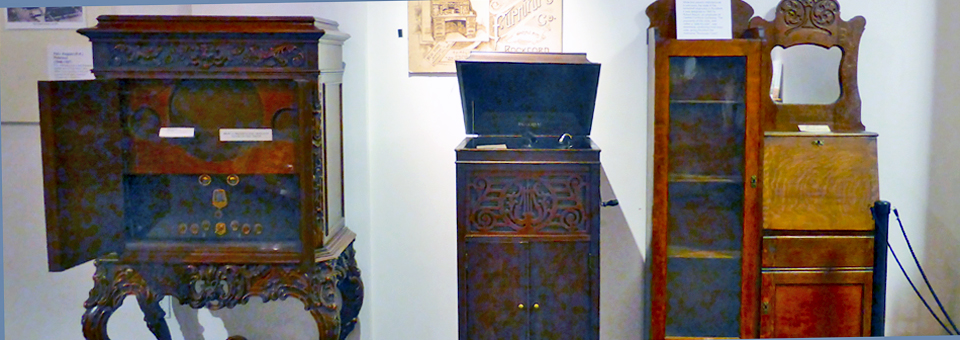
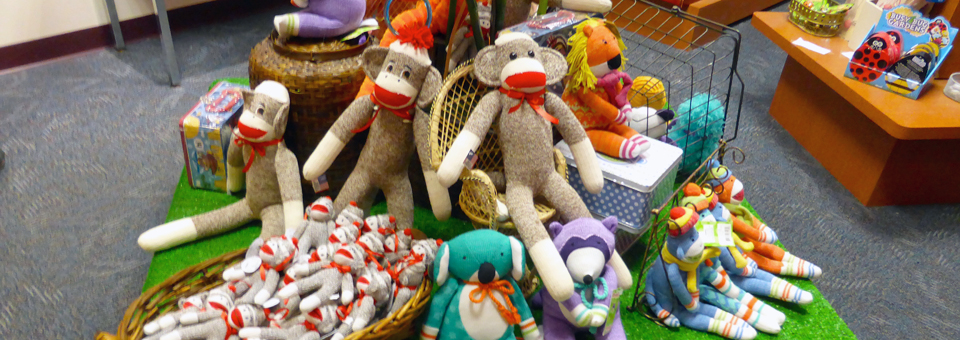
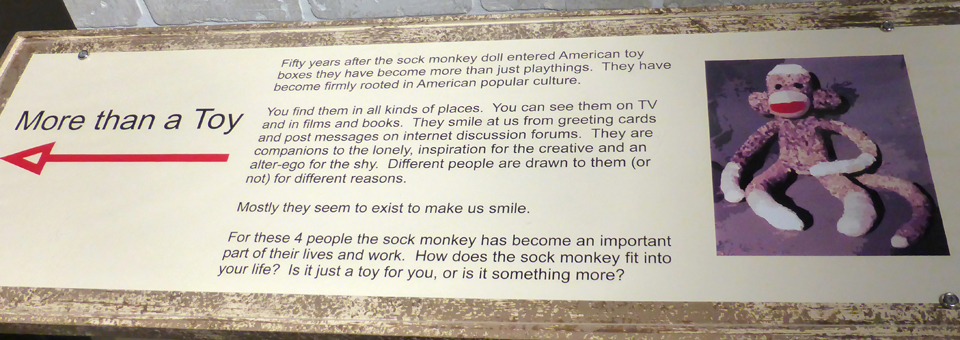
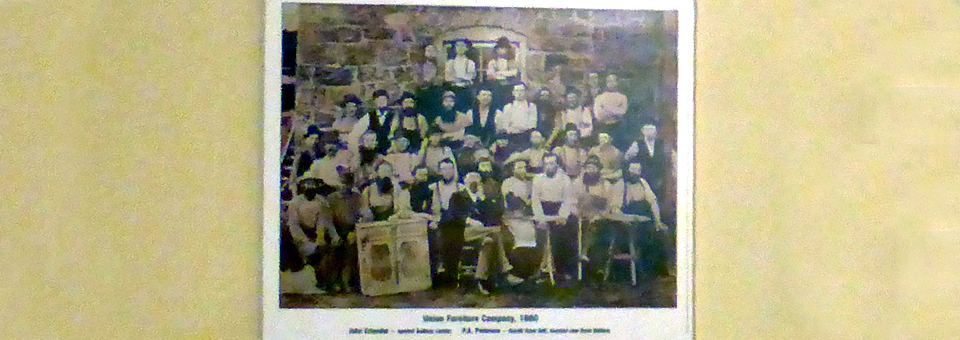
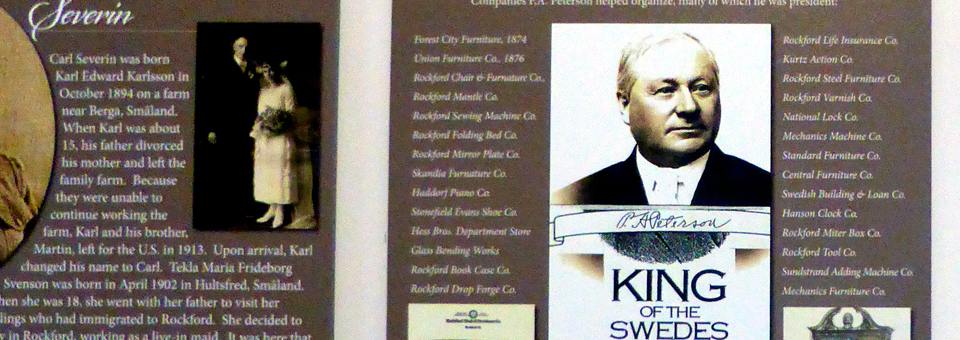
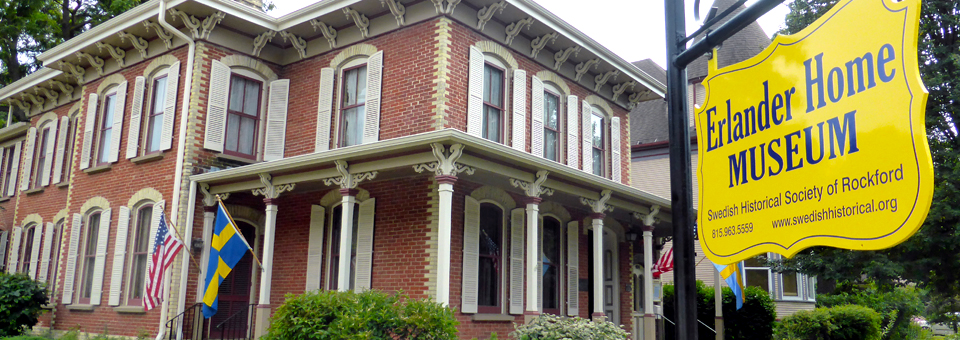
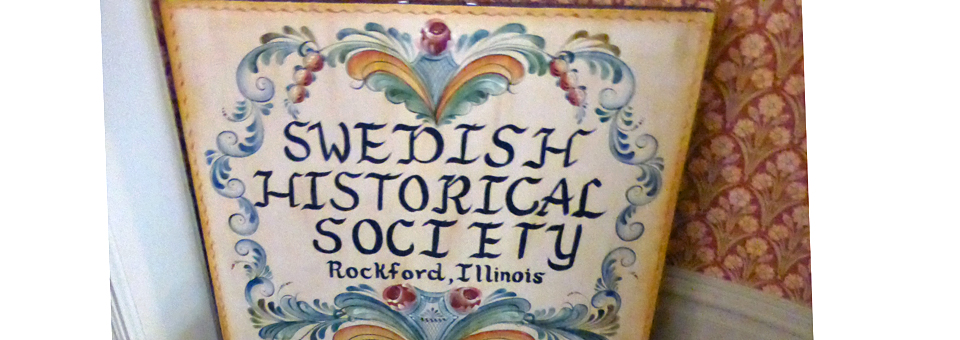
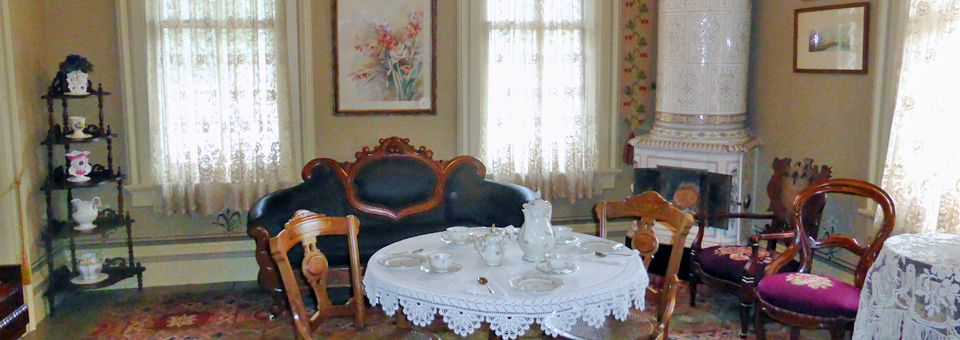
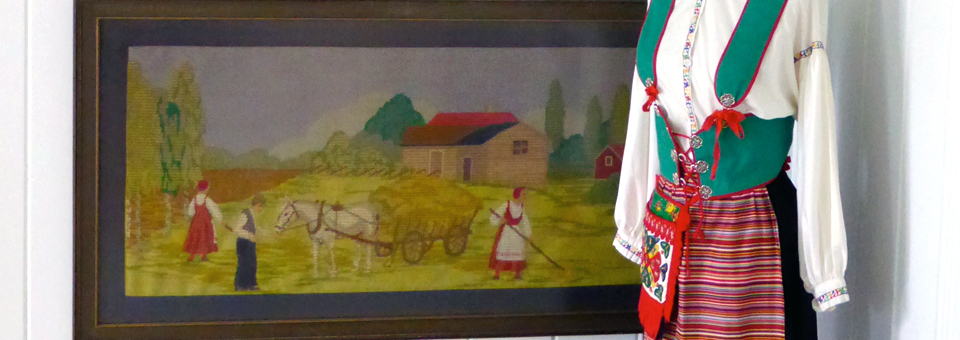
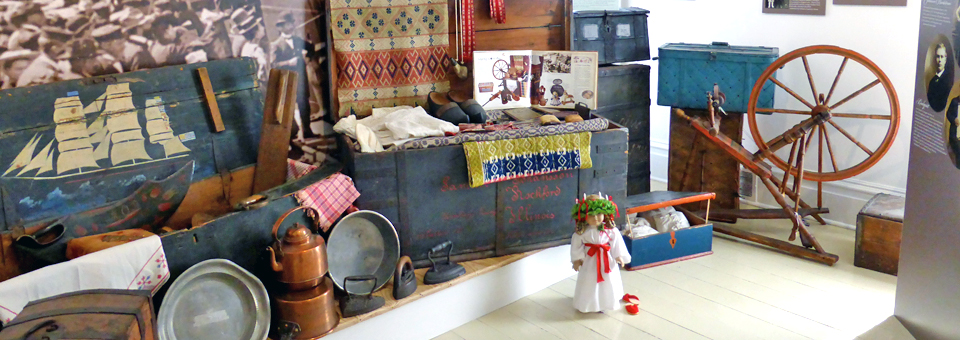
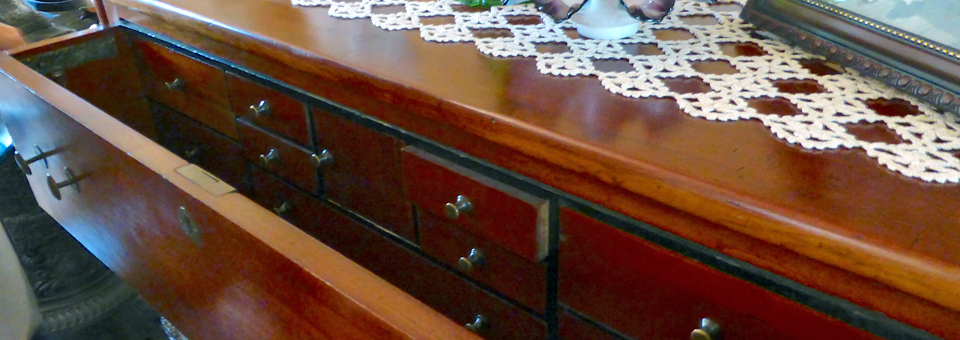
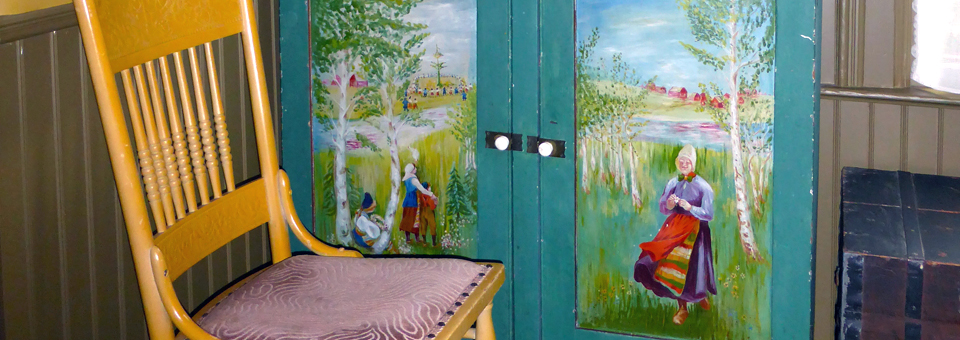
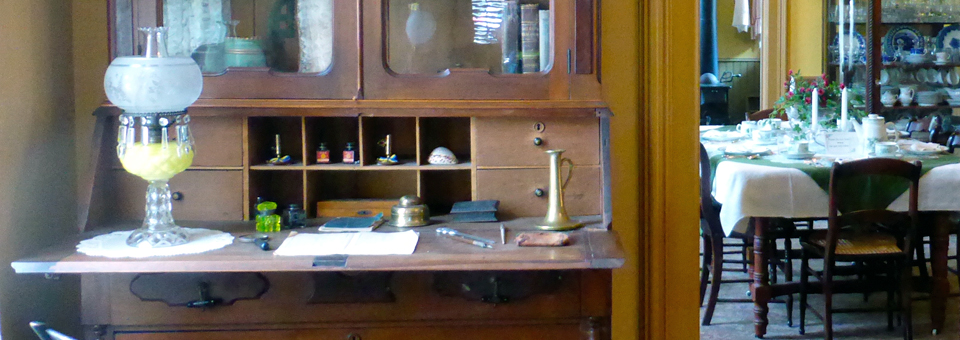
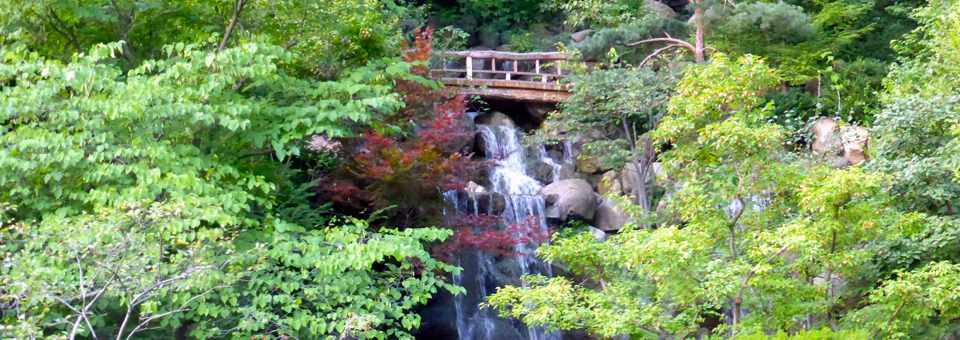


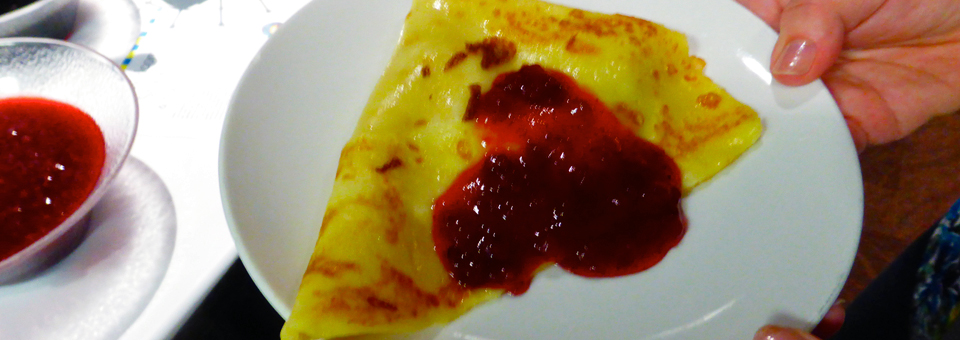
We have a China cabinet with curved glass door, 2 sections of glass on each side of door, 2 glass sections on each side. It’s dark wood. Turned legs, 4 on each side with a cross piece in the middle. It’s 5’3″ tall.4 ‘2″ wide. 14″” in depth. Has 3 shelf plus the bottom, which would be the 4th.
It sounds like a beautiful cabinet.Do you know whether it was made in Rockford?
we have a sectarian /bookcase / curio cabinet ,we believe that is what it is..so nice …just do not know how old it is